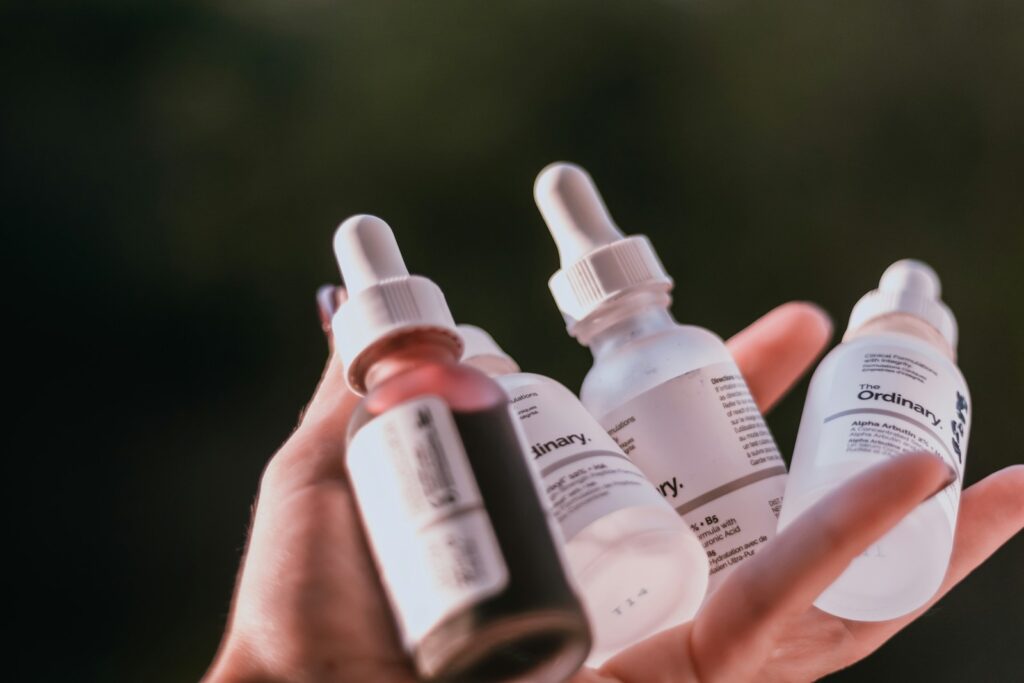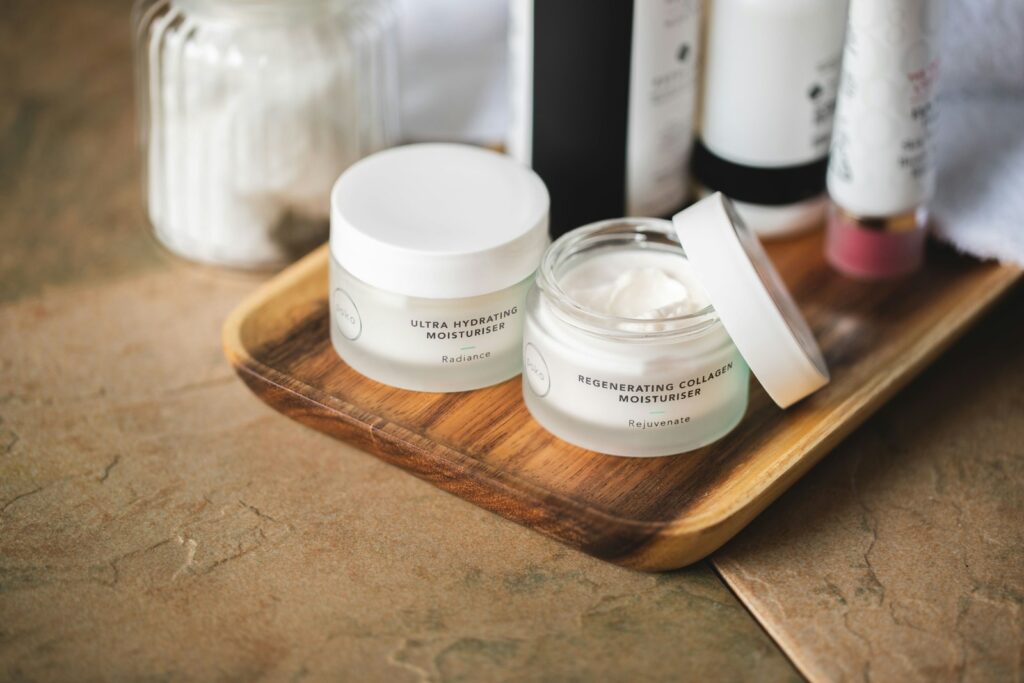Glowing skin isn’t just about what you apply on the outside—it’s deeply influenced by what you put inside your body. The foods you eat supply the building blocks for skin repair, hydration, and overall radiance.
While creams and serums have their place, a nutrient-rich diet is one of the most effective ways to achieve healthy skin that lasts.
Simply put, nutrition is the hidden key to a great skincare routine. Discover how what you eat directly shapes your complexion, making every bite an opportunity to support healthier, more radiant skin from within.
Why Diet Matters for Skin
Skin is the body’s largest organ, and like any organ, it relies on nutrients to function at its best. Vitamins, minerals, and antioxidants protect against damage, speed up healing, and maintain elasticity. Poor nutrition, on the other hand, can leave skin dull, dry, or prone to breakouts.
By focusing on a balanced diet, you’re not just fueling your body; you’re strengthening your skin’s natural defenses. Over time, the difference becomes apparent in your complexion: a brighter tone, smoother texture, and reduced signs of premature aging.
Key Nutrients for Radiant Skin
Specific nutrients play a vital role in skin health:
- Vitamin C: Found in citrus, berries, and peppers, it boosts collagen production and helps defend against free radical damage.
- Vitamin E: Present in nuts, seeds, and leafy greens, it protects skin cells from oxidative stress.
- Omega-3 Fatty Acids: In fatty fish, walnuts, and flaxseeds, these healthy fats reduce inflammation and help maintain the skin’s moisture barrier.
- Zinc: Found in legumes, pumpkin seeds, and shellfish, zinc supports wound healing and helps control acne.
- Antioxidants: From colorful fruits and vegetables, antioxidants neutralize damage from the sun and pollution, keeping skin youthful.
Hydration and Healthy Skin
Food isn’t the only factor—hydration is equally vital. Water helps flush toxins, supports the delivery of nutrients, and maintains skin elasticity. Dehydrated skin often appears dull, rough, and lined, while well-hydrated skin looks plump and refreshed.
Including water-rich foods like cucumbers, melons, and leafy greens alongside plenty of fluids ensures your skin stays nourished from the inside out. Herbal teas can also provide hydration while delivering additional antioxidants.
Read More: The Best Supplements for Hair, Skin, and Nails
Nutrition and Common Skin Concerns
Nutrition can make a noticeable difference in common skin issues. Diets rich in processed foods and sugar often worsen acne and inflammation. On the other hand, eating more whole foods, fiber, and healthy fats can calm irritation and balance oil production.
For addressing aging concerns, antioxidant-rich foods help slow down collagen breakdown and mitigate the effects of environmental damage. While no diet can prevent every wrinkle, nutrition is a powerful tool for maintaining youthful skin longer.
Final Thoughts
Excellent skin care is a blend of internal and external practices. Topical products may help, but their effects are enhanced when used in conjunction with a balanced diet. By fueling your body with vitamins, minerals, antioxidants, and hydration, you’re giving your skin the foundation it needs to thrive.
The next time you think about your beauty routine, remember: radiant skin starts at the table as much as it does at the mirror.




